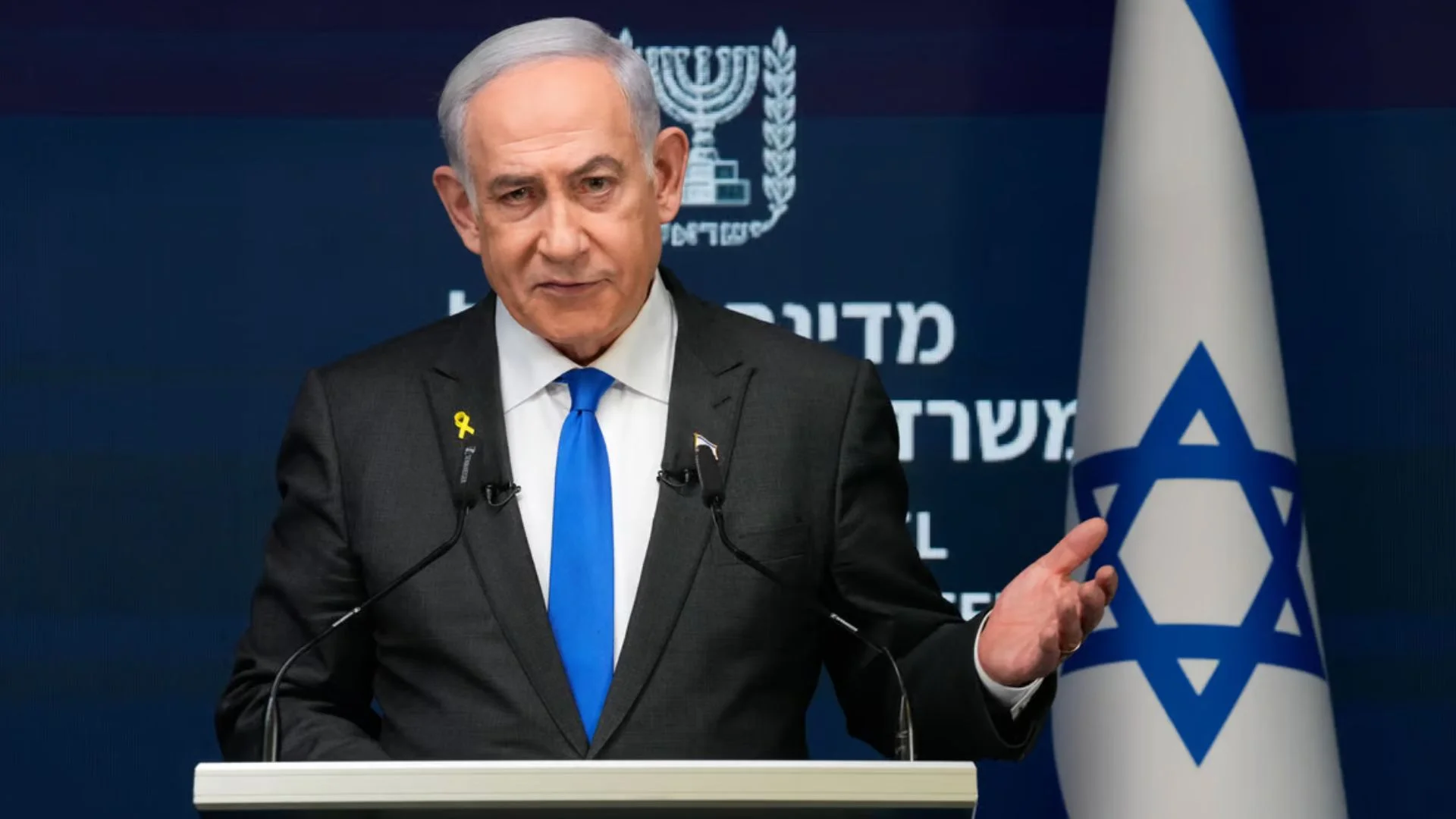Influencer marketing is experiencing rapid growth, but it’s not without its hurdles. The content of influencer advertisements can vary in nature, ranging from authentic and unbiased to commercially driven. Consequently, distinguishing between genuine digital content and sponsored promotions has become increasingly challenging for consumers, blurring the lines between the two. The issue of misleading advertising by influencers is widespread globally, prompting countries to implement strict measures to address it. Recently, the Supreme Court of India emphasized the importance of influencers acting responsibly while endorsing products in advertisements. The Australian Competition and Consumer Commission identified a significant issue regarding the lack of disclosure and compliance with legal requirements in influencer advertising. It states that among 118 social media influencers investigated, a staggering 81 percent were found to be potentially violating Australian advertising laws by creating posts that could be deemed misleading. With the tripled market size, reaching a record of 24 billion U.S. dollars in 2024 based on the Statista report of Global influencer marketing value 2016-2024, the widespread concern about transparency and adherence to regulations in influencer marketing across different jurisdictions is of pertinent concern.
For instance, the United States has taken punitive actions against businesses and influencers for failing to disclose endorsements adequately. Teami was fined $15.2 million for making unverified health claims and not disclosing paid endorsements by celebrities. The Federal Trade Commission criticized Warner Bros for a marketing campaign where online influencers were paid to promote video games without disclosing known bugs and glitches. Additionally, DJ Khaled and Floyd Mayweather Jr. faced penalties from the U.S. Securities and Exchange Commission for promoting Centra Tech without disclosing that it was a paid advertisement. India has also been proactive in this regard, as evidenced by the case of finfluencer Mohammad Nasiruddin Ansari, known as the “baap of chart,” who was fined Rs 17.2 crore by the Securities and Exchange Board of India (SEBI) in 2023 for misleading investors through false information and inducements to purchase his courses and workshops.
Regulation Governing Influencer Advertisements In India
- Misleading Advertisement Guidelines
The Consumer Protection Authority under Section 18 of Consumer Protection Act 2019 issued the Guidelines for Prevention of Misleading Advertisements and Endorsements for Misleading Advertisements, 2022. The guidelines are comprehensive in nature and have an objective to combat misleading and false advertisements for protection of consumer interest. These guidelines expand the scope of Consumer Protection Act 2019 that sets the general scope for prevention of misleading advertisements.
The Misleading Advertisement Guidelines have broadened the scope of misleading advertisement. They apply to all advertisements regardless of form, format or medium.
Penalty: In case there is a non-compliance with the Misleading Advertisements Guidelines the penalty of up to INR 10 lakh can be imposed upon the manufacturers, advertisers,and endorsers for issuance of misleading advertisements as per the provisions that are mentioned under Section 21 of the Consumer Protection Act, 2019.
Furthermore, if there is a subsequent contravention the penalty may impose up to INR 50 lakh. Additionally, prohibition can be placed on the endorser of a misleading advertisement from making any endorsement for up to 1 year and for subsequent contravention, prohibition can extend up to 3 years.
- Endorsement Know How’s
In January 2023, the Department of Consumer Affairs unveiled the ‘Endorsement Know-hows,’ outlining disclosure obligations for celebrities, influencers, and virtual influencers on social media.In August 2023, the department issued supplementary guidelines for qualified health sector professionals or health influencers.The main purpose of Endorsement knows- hows is for ensuring that audiences are not misled by influencers and there is a compliance with the the Consumer Protection Act, 2019 and the rules/guidelines made thereunder.
- Who to disclose? ‘Individuals/groups who have access to an audience and the power to affect their audiences’ purchasing decisions or opinions about a product, service, brand or experience, because of the influencer ‘ s/celebrity ‘ s authority, knowledge, position, or relationship with their audience.’
Endorsers are further divided into three sub categories –
| Celebrities | Famous personalities, including but not limited to the entertainment or sports industry who have the power to affect the decisions or opinions of their audience. |
| Influencer | Creators who advertise products and services with a strong influence on the purchasing decisions or opinions of their audience. |
| Virtual Influencers | Fictional computer generated ‘people’ or avatars who have realistic characteristics, features and personalities of humans, and behave in a similar manner as influencers. |
- Material Connection Under the Know – Hows mandate the disclosures are made when there is material connection such as Monetary or other compensation; Free products with or without any conditions attached, including discounts and gifts; Contest and sweepstakes entries; Trips or hotel stays; Media barters; Coverage and awards; or Any family, personal or employment relationship is established between an endorser and an advertiser. The connection should affect the credibility or weight of the representation that is made by the endorser. This helps consumers in making informed decisions.
If an endorser purchases a product with their own funds and discusses them based solely on personal experience, without any material connection to the advertiser, disclosure is not necessary.
(c) How to disclose
| Hard to Miss | Disclosures should be placed in the endorsement message in such a manner that they are clear, prominent and extremely hard to miss. Disclosures should not be mixed with a group of hashtags or links. |
| Endorsement in a Picture | Disclosures should be superimposed over the image enough for viewers to notice. |
| Endorsement in a Video | Disclosures should be placed in the video and not just in the description. Disclosures should be made in both audio and video format. |
| Endorsement in a live stream | Disclosures should be displayed continuously and prominently during the entire stream. |
| Simple and Clear | Simple and clear language should be used. On limited space platforms like Twitter, terms such as ‘XYZ Ambassador’ (where XYZ is a brand) are also acceptable. |
| Terms Allowed | ‘advertisement’ or ‘ad’ ‘sponsored’ ‘paid promotion’ or ‘paid’ |
| Language | Disclosures and endorsements should be in the same language. |
| Platform Tools | Separate disclosures shall be made apart from platform disclosure tools. |
(d) Due Diligence by Endorser Endorsers are recommended to use and experience the services. Celebrities /influencers are advised always to review and satisfy themselves that the advertiser is in a position to substantiate the claims made in the advertisement.
(e) Non-Compliance Endorsers are liable for strict action under the law if they fail to disclose any material connection or noncompliance of the Consumer Protection Act 2019 and Rules made thereunder. In August 2023, the Department of Consumer Affairs (DoCA) introduced additional guidelines outlining incremental disclosure or disclaimer obligations for qualified professionals within the health sector or health influencers. These guidelines likely aim to enhance transparency and accountability in health-related communications, ensuring that individuals receive accurate information and are aware of any potential biases or conflict of interest.
III. ASCI Guidelines
The Advertising Standards Council of India (ASCI), a self regulatory body has issued the Guidelines for Influencer Advertising in Digital Media on June 1, 2021. The main emphasis of these Influencer Guidelines revolves around ensuring clear disclosure within promotional content and emphasizing the significance of conducting thorough due diligence regarding the advertised product. In lieu of the same, it is pertinent to note that, ASCI’s annual report for F2023, it was found that 97 percent of the celebrities featured in ads did not provide evidence of complying with the due diligence mandates outlined in the Consumer Protection Act.
Furthermore, looking at the surge in unregistered ‘finfluencers’ providing financial advice on social media platforms has sparked significant concerns within the securities market SEBI has partnered with the ASCI to address these malpractices and released a consultation paper on August 25, 2023 to tackle the issue of unregistered finfluencers.
Conclusion
Influencer marketing has emerged as a powerful tool for brands globally, with influencers capable of shaping consumer behavior through short content, sometimes as brief as 15 or 30 seconds. It’s crucial to monitor how influencers operate and profit commercially. In the Marico Limited v Abhijit Bhansali ((2020(81) PTC 244(Bom) case, the Bombay High Court acknowledged social media influencers as a growing group with significant credibility and a large following. The court emphasized the importance of holding influencers accountable due to their ability to sway audiences and the trust they enjoy from the public.

Suphla Singh
(Suphla Singh is law associate at law firm – Ark legal)







